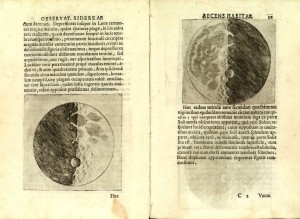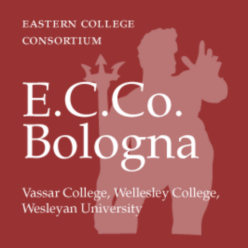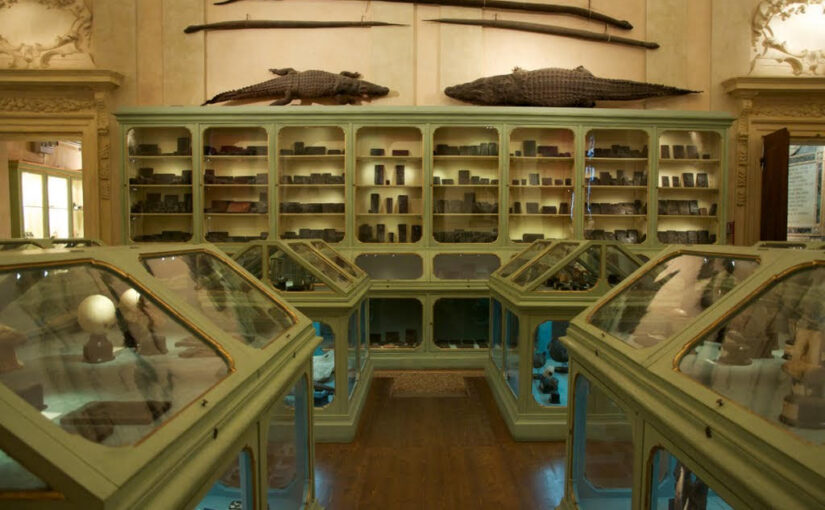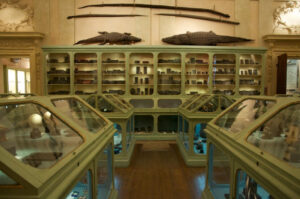 This course traces the history of Western science from the late Middle Ages to the scientific revolution from an Italian perspective. It aims to account for the transformations of scientific discourse over nearly six centuries by integrating the traditional narrative of epoch-making discoveries and advances with an exploration of the contexts within which science was not only practiced and disseminated, but also criticized and opposed.
This course traces the history of Western science from the late Middle Ages to the scientific revolution from an Italian perspective. It aims to account for the transformations of scientific discourse over nearly six centuries by integrating the traditional narrative of epoch-making discoveries and advances with an exploration of the contexts within which science was not only practiced and disseminated, but also criticized and opposed.
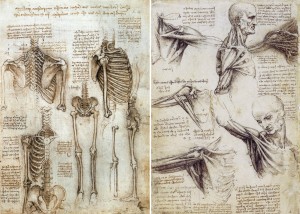 Besides illustrating the dominant theories, the course concentrates on the making of scientific disciplines and fields, juxtaposing the traditional (medieval) university setting and the newly established academies, laboratories, anatomy theaters, botanical gardens, and natural history collections, all of which contributed to a growth in depth and breadth of the new science. Italy played a crucial role in the development of science in the early modern era, and the cities of Bologna and Florence in particular provide an ideal setting for the course, which will take advantage of Ulisse Aldrovandi’s unparalleled collections (now the core of the University of Bologna’s natural history museum), as well as exploring the major collection of Galileo Galilei’s scientific instruments and manuscripts preserved in Florentine institutions. Special attention will be paid to the life and career of the Bolognese physicist Laura Bassi, the first female university professor.
Besides illustrating the dominant theories, the course concentrates on the making of scientific disciplines and fields, juxtaposing the traditional (medieval) university setting and the newly established academies, laboratories, anatomy theaters, botanical gardens, and natural history collections, all of which contributed to a growth in depth and breadth of the new science. Italy played a crucial role in the development of science in the early modern era, and the cities of Bologna and Florence in particular provide an ideal setting for the course, which will take advantage of Ulisse Aldrovandi’s unparalleled collections (now the core of the University of Bologna’s natural history museum), as well as exploring the major collection of Galileo Galilei’s scientific instruments and manuscripts preserved in Florentine institutions. Special attention will be paid to the life and career of the Bolognese physicist Laura Bassi, the first female university professor.
